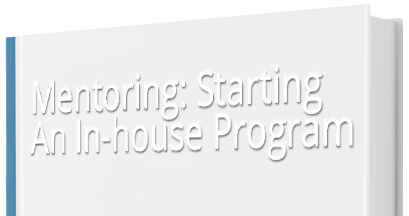Transforming a Job Interview Into a Grand Slam Event
The first thing to keep in mind about an interview—the event itself—is that the purpose is not to get a job. The purpose of the interview is for the search committee and the candidate to get to know one another. This means far more than an exchange of information.
A properly prepared search committee and a properly prepared candidate should already have most of the information they need to know about the other party to make a decision.
The purpose of the interview is to find out who the other party is. What makes the other party tick? How is the other party likely to react in different circumstances? What type of person is he/she? What type of organization is this? The issue is not “What is the Value Proposition?” The issue is “What is the Value Base of the other party?”
Leave an impression
In the simplest terms, a grand slam, home run interview means that when you leave the room, you are still in the room. The committee members know who you are— your character and instincts. In effect, you have made it easy for the committee to make the right decision because they are comfortable that they have gotten to know you as a person.
Clearly, information plays a role in this, but the key is back and forth, open discussion on issues and events of mutual interest and shared priorities.
And always remember this: The right decision might be no. Though disappointing, if the committee has truly gotten to know you and does not see a strong basis of compatibility, it is in the better position to make this decision. Simply put, you have to trust the committee to make the right decision, and the most you can do in this process is make certain they have gotten to know you as a person. If you get this done, you have your best shot at getting a job in which you will succeed, or avoiding one where you would not. Either way, you win.
So, how can you ensure that when you leave the room, you are still in the room? Discussion. The expectation of most candidates is that they will be asked ‘questions’ by the committee, and this is commonly the case. Ultimately, though, they are not questions. They are discussion points.
In responding to a question, provide the information requested, but be alert to opportunities to engage the committee in a discussion on the subject or a related one. Indeed, your questions of the committee may tell the committee more about you than any answer you provide.
Tipping the scales
A final point. Candidates frequently go into an interview with the mindset that, of the two parties, the candidate is the disadvantaged one. For example, if there are 100 chips on the table, the candidate might see himself/herself as having maybe 10, with the committee having the remaining 90. This is inaccurate. If the chips are to be seen divided, the committee is more usefully seen as having a slight advantage, perhaps on the order of 55 to 45.
The committee’s advantage comes from it being the host party and that it gets to make the first decision, i.e., whether to invite the candidate back.
However, the candidate gets to make the second decision, i.e., whether he/she wants to come for the second interview. It is for this reason that the candidate must at all times be interviewing the committee as it interviews him/her.
And even this 55/45 advantage might mask the true balance between the committee and the candidate. For those candidates who are currently employed, the need balance can quite easily be seen as being in their favor.
The employed candidate does not need a job; he/she already has one. The committee, on the other hand, has a vacancy it needs someone to fill.



